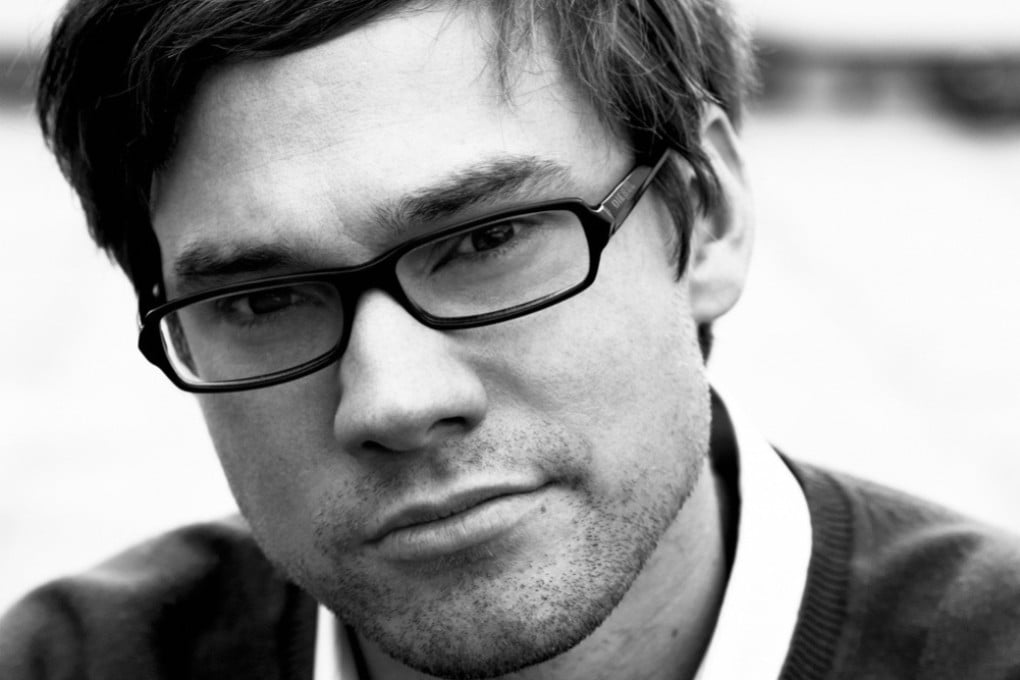Feeling detached, disconnected, unreal: the mental disorder when you feel distant from your body
- Depersonalisation is a little-understood disorder that leaves sufferers feeling separated from their body and can even see themselves as someone else
- Nathan Dunne has suffered from it for over a decade. Once on the edge of suicide, he has learned to navigate his symptoms and regain a sense of self

I would stare at my hands and think, “I’m not me”. No matter where I was, in the middle of a busy street or at my dining table at home, the condition would be the same. It was like looking at my hands through a plate of glass. Although I could feel the skin on my palms, it did not feel like my own. Half of myself would move through the day while the other half watched. I was split in two.
Nothing I did would relieve the condition. I went to see an ophthalmologist, convinced I had cataracts. The verdict was near-perfect vision. I tried taking time off work, talking with family and writing notes about how my life had become a simulation. Each morning I would stare at the mirror in an attempt to recognise myself, but the distance between my body and this new, outer eye only grew larger.
I began to believe I was becoming psychotic and would soon be in a psychiatric ward. I was 28, working as a copywriter while pursuing a PhD in art history, and I felt my life was nearing its end.
One evening in April 2008, as I contemplated another helpless night trapped beyond my body, full-blown panic set in. I took up the phone, ready to dial for emergency, when suddenly music began to play from downstairs. It was a nauseating pop song that my neighbour played incessantly, but something about the melody gave me pause.
The next day I began a series of frustrating doctor visits. First with my physician, then a neurologist, gastroenterologist and chiropractor. I said that I had never taken drugs or drank alcohol excessively. While I was fatigued from my doctoral study, I didn’t think this qualified me for the split in the self that had occurred.
